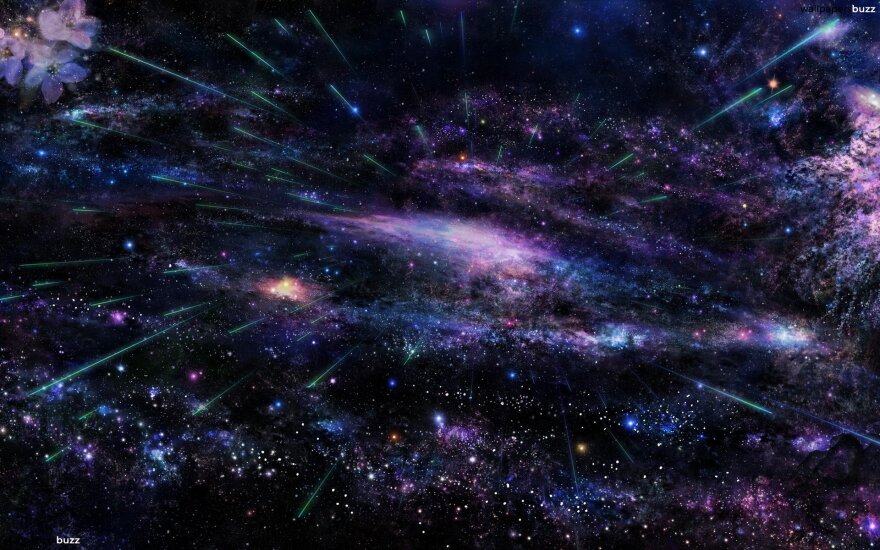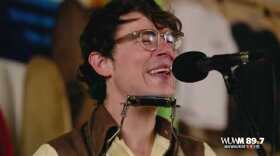What do two black holes sound like when they collide? Not much. But just detecting it is the first step in unlocking some of the biggest mysteries of our universe.
A century ago, Albert Einstein predicted the presence of gravitational waves - ripples in spacetime created by catastrophic events. Yesterday, researchers from UWM and around the world confirmed their existence with the help of LIGO, a gravitational wave detector that senses those ripples as they pass.
“This is a very big discovery. This verifies the final significant prediction of Einstein’s theory of general relativity, which is the cornerstone by which we understand modern gravity,” says Jolien Creighton, one of the researchers involved with LIGO and a professor of physics at UWM.
The discovery also confirmed the existence of black holes. The detection of gravitational waves not only confirms many modern theories about the nature of the universe, it also gives physicists a new avenue to study astronomical activity which were previously undetectable.
“This gives us a third channel by which we can observe the universe, the third and final channel,” says Creighton. “So we have opened up the final third of the observable universe for exploration.”






